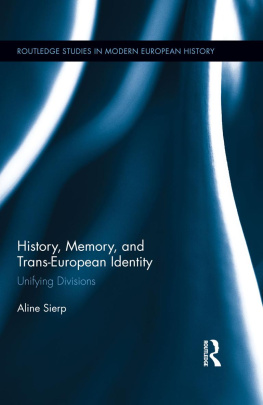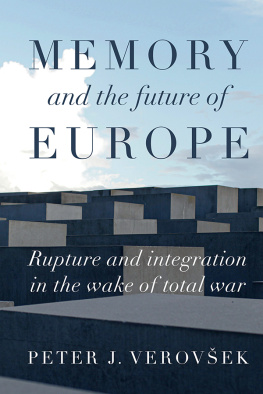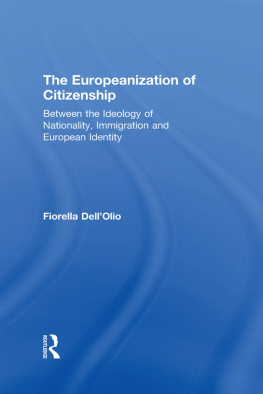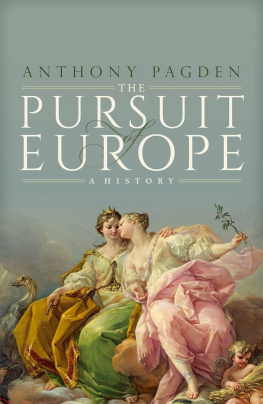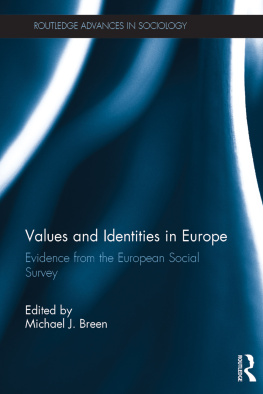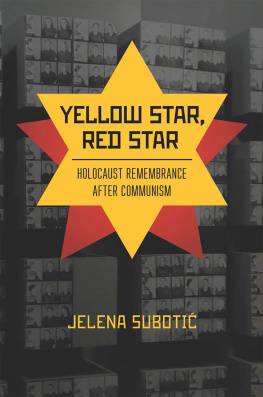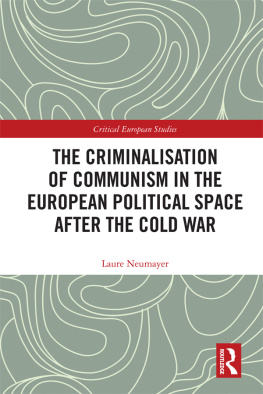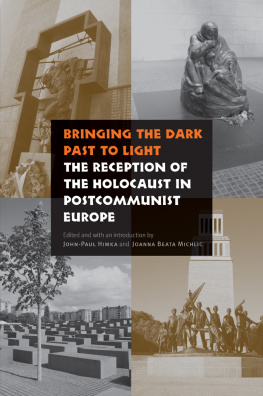Aline Sierp - History, Memory, and Trans-European Identity: Unifying Divisions
Here you can read online Aline Sierp - History, Memory, and Trans-European Identity: Unifying Divisions full text of the book (entire story) in english for free. Download pdf and epub, get meaning, cover and reviews about this ebook. year: 2014, publisher: Routledge, genre: Politics. Description of the work, (preface) as well as reviews are available. Best literature library LitArk.com created for fans of good reading and offers a wide selection of genres:
Romance novel
Science fiction
Adventure
Detective
Science
History
Home and family
Prose
Art
Politics
Computer
Non-fiction
Religion
Business
Children
Humor
Choose a favorite category and find really read worthwhile books. Enjoy immersion in the world of imagination, feel the emotions of the characters or learn something new for yourself, make an fascinating discovery.
- Book:History, Memory, and Trans-European Identity: Unifying Divisions
- Author:
- Publisher:Routledge
- Genre:
- Year:2014
- Rating:4 / 5
- Favourites:Add to favourites
- Your mark:
History, Memory, and Trans-European Identity: Unifying Divisions: summary, description and annotation
We offer to read an annotation, description, summary or preface (depends on what the author of the book "History, Memory, and Trans-European Identity: Unifying Divisions" wrote himself). If you haven't found the necessary information about the book — write in the comments, we will try to find it.
This book questions the presupposition voiced by many historians and political scientists that political experiences in Europe continue to be interpreted in terms of national history, and that a European community of remembrance still does not exist. By tracing the evolution of specific memory cultures in two successor countries of the Fascist/Nazi regime (Italy and Germany) and the impact of structural changes upon them, the book investigates wider democratic processes, particularly concerning the conservation and transmission of values and the definition of identity on different levels. It argues that the creation of a transnational European memory culture does not necessarily imply the erasure of national and local forms of remembrance. It rather means the creation of a further supranational arena where diverging memories can find their expression and can be dealt with in a different way. Through the triangulation of agents of memory construction, constraints and opportunities and actual portrayals of the past, this volume explores the difficulties faced by a multinational entity like the EU in reaching some kind of consensus on such a sensitive subject as history.
Aline Sierp: author's other books
Who wrote History, Memory, and Trans-European Identity: Unifying Divisions? Find out the surname, the name of the author of the book and a list of all author's works by series.

